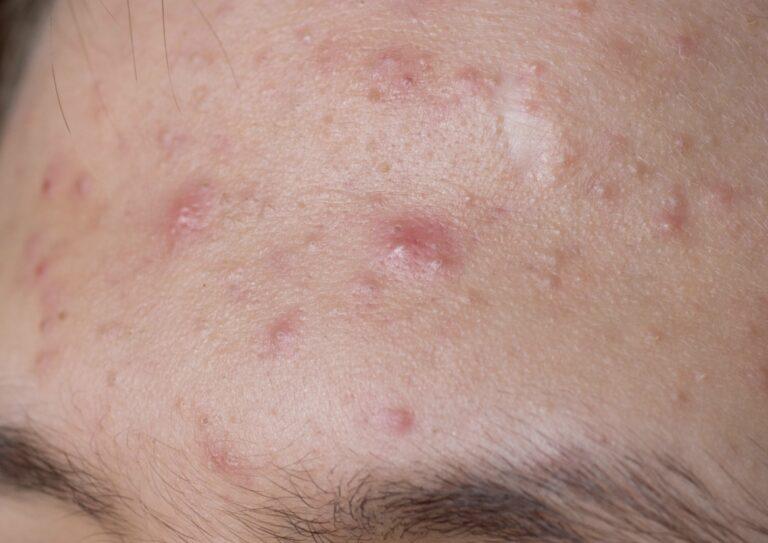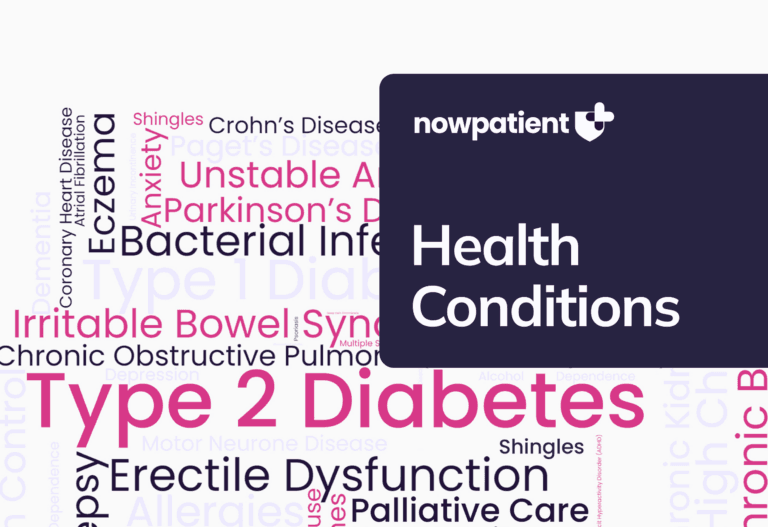
How many treatments and possible solutions have you tried to clear up your acne? How many have worked?
When you’ve got acne, it can feel like a never-ending battle. But have you ever heard of acne face mapping? We’ve got the lowdown on what it might mean for your acne. And if it’s even a thing.
What is face mapping?
Face mapping is the idea that different areas of your face are linked to different areas of your body. It comes from traditional alternative medicine, with practitioners believing that health issues elsewhere in your body can be read on your face. Face maps vary by tradition and culture, but your cheeks could correspond to your pancreas for example, meaning acne on your cheeks could be a sign you have an issue with your pancreas.
Sounds a bit dubious? Yeah, we agree. Here’s why:
Is face mapping for acne accurate?
Yes and no.
Unfortunately, life isn’t as simple as the traditional face mappers would have you believe. There’s no medical evidence to support this kind of face mapping, and it doesn’t fit with our modern understanding of how the body works or what acne is. Everything is connected, yes, but not in such a simplistic way.
However, scientific research has found links between acne on certain areas of the face and specific causes, like hormones and hair products. Traditional face mapping may not be accurate, but a newer view of face mapping, supported by science, may be able to help. So let’s get into it. We’ll look at what could cause acne in specific areas of your face.
A reliable acne face map
You get acne when the follicles in your skin get clogged with things like oil and dead skin cells. The follicles become inflamed and can get infected by bacteria too, causing different types of acne such as pimples, blackheads and whiteheads. So anything that causes your follicles to get clogged can cause acne. But different things can cause or worsen this clogging in different areas of your face. Let’s start at the top:
Acne on your forehead and around your hairline
Acne here can be caused by using hair products if they contain ingredients which can block pores. If you have acne in this area and you’re asking yourself how to get rid of pimples on your forehead, you can try switching hair products to find ones which are kinder to your skin. You’ll have to experiment, but generally, thicker and stickier products, like wax and gel are more likely to cause acne, and you may fair better with lighter hair products like mousse.
Acne on your forehead and nose (T-zone)
A lot of people produce more sebum oil (a type of oil your skin makes to keep it healthy) in the T-zone than other areas of their face, so this is a common area for people to get acne. There’s evidence too that stress can cause or worsen nose and forehead acne. So if you want to get rid of acne in your T-zone, you need to try and de-stress.
Whenever anyone tells you to de-stress, they always seem to recommend meditating and yoga, but we’re pretty sure most people ignore this. Great if yoga and meditation work for you, but no worries if they don’t. Do what’s best for you, as long as it’s reasonably healthy. Go for a run, listen to music, play video games, whatever relaxes you.
Acne on your cheeks
Anything that regularly presses against your face here could be contributing to acne on your cheeks. Sometimes acne can be caused and worsened by something rubbing against your skin (called acne mechanica), like your phone or your pillow. It also doesn’t help if these objects aren’t clean either, as they can lead to infections, and there’s some real horror stories about what can be found on both your phone and your pillow. You should clean your phone regularly with antibacterial wipes, and you can try changing your pillowcases to a softer material. And remember to wash them often.
Acne around your chin and along your jawline
Chin and jawline acne is often caused by fluctuations in your hormones, usually by too much androgens (male sex hormones, including testosterone). These hormones can make the oil glands in your skin produce more sebum oil, clogging your pores. Hormonal acne is more common in your teens, when you’re going through puberty, so it often clears up naturally with time. If not, you can try changing your diet to get rid of acne on your chin and jaw, as certain foods can increase your hormone levels.
This version of acne face mapping may help you tackle your acne by helping you understand what’s causing it. But remember that anything that blocks your pores can cause acne, so this isn’t bulletproof. There are plenty of other things you can do to help clear acne up too, like practicing good skin care and eating healthily. You can also try acne meds like tretinoin (also sold under the brand Retin A).
Face mapping can help, but you need to experiment to find what works best for you.
Sources
Medical Disclaimer
NowPatient has taken all reasonable steps to ensure that all material is factually accurate, complete, and current. However, the knowledge and experience of a qualified healthcare professional should always be sought after instead of using the information on this page. Before taking any drug, you should always speak to your doctor or another qualified healthcare provider.
The information provided here about medications is subject to change and is not meant to include all uses, precautions, warnings, directions, drug interactions, allergic reactions, or negative effects. The absence of warnings or other information for a particular medication does not imply that the medication or medication combination is appropriate for all patients or for all possible purposes.










